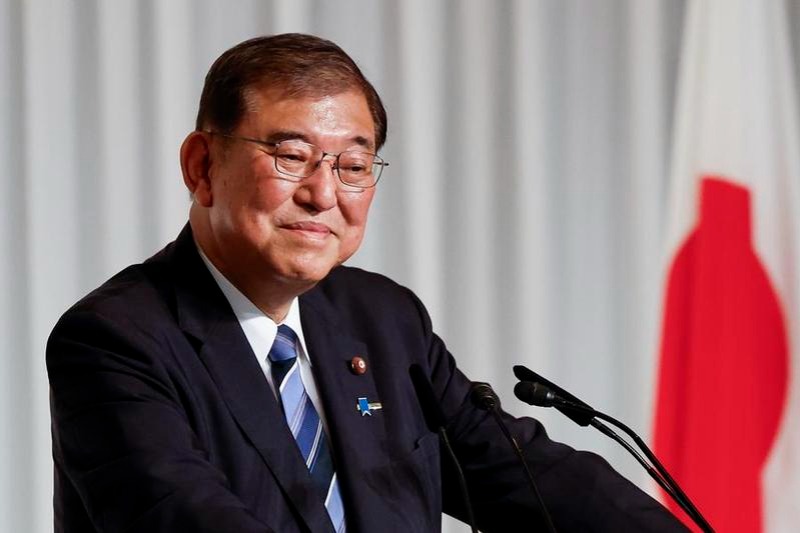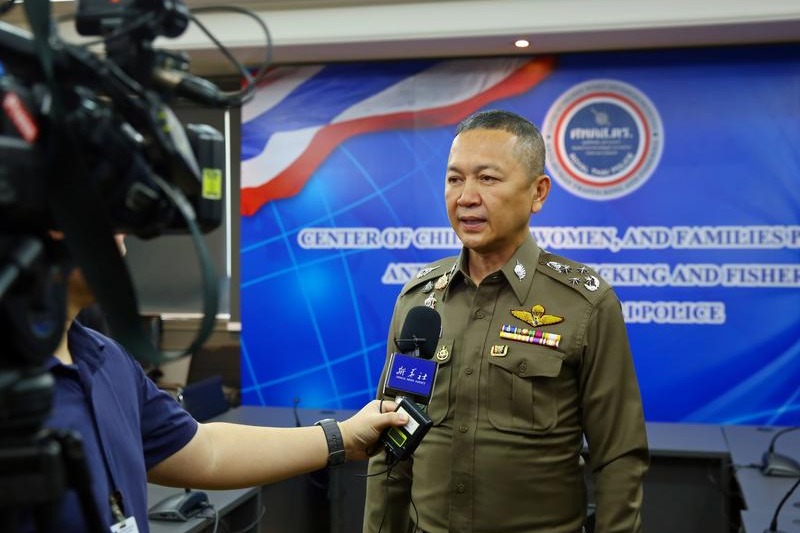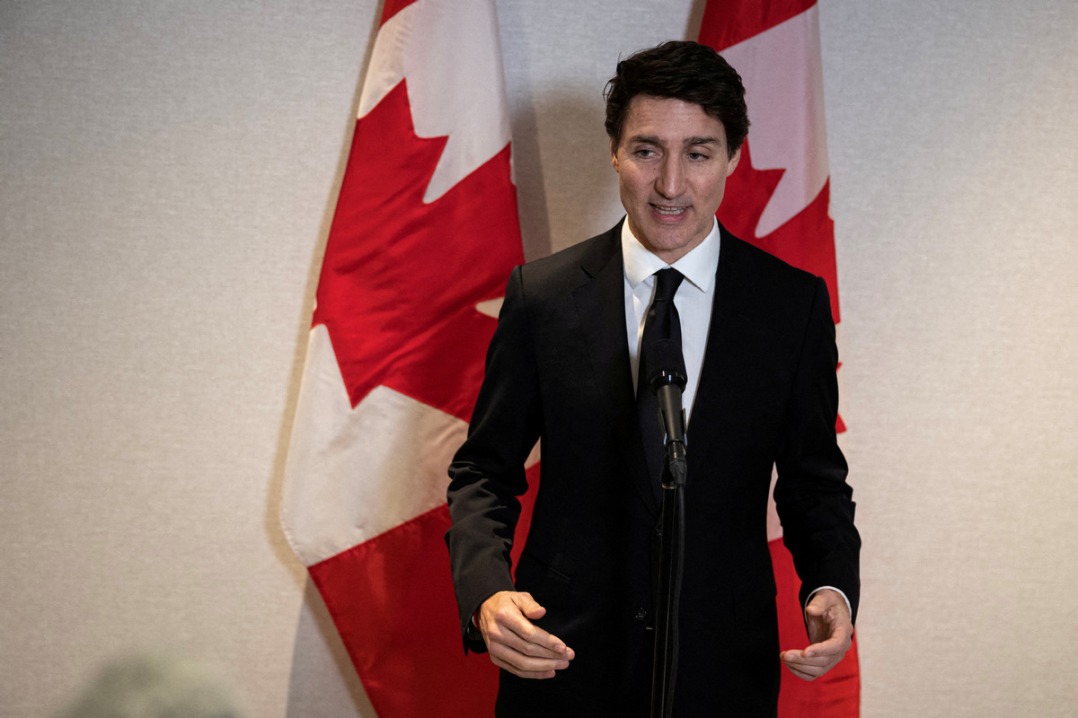Indonesia will benefit from BRICS membership: Experts






Indonesia's BRICS membership is expected to boost growth in Southeast Asia's biggest economy, enabling the country to serve as a role model for other ASEAN members keen on joining a growing bloc that focuses on the Global South, analysts said.
The Indonesian Ministry of Foreign Affairs said joining BRICS is an achievement that reflects the country's increasingly active role in global issues, as well as its commitment to strengthening multilateral cooperation to realize a more inclusive and equitable global order.
Mustafa Izzuddin, senior international affairs analyst at Solaris Strategies Singapore, said Indonesia's membership of BRICS is "congruent with its aspiration to be a middle power by playing the role of a good international citizen".
Established in 2009, BRICS is the acronym for the five emerging economies of Brazil, Russia, India, China, and South Africa. Indonesia was admitted as a full member of BRICS on Monday.
Josua Pardede, chief economist at PermataBank in Jakarta, said joining BRICS will help Indonesia obtain loans from the New Development Bank, a Shanghai-based development bank established by BRICS.
Pardede said these loans can be used to finance the country's infrastructure projects, including the construction of Nusantara Capital City, Indonesia's planned new national capital.
Muhammad Habib Abiyan Dzakwan, a researcher at the Department of International Relations of the Center for Strategic and International Studies, or CSIS, in Jakarta, said that among the various rationales for why Indonesia had considered joining BRICS was China's presence in the grouping.
"China does not force BRICS members and other countries to choose between its institutions or the Bretton Woods system," said the CSIS researcher, alluding to the global system of monetary management that led to the creation of the Washington-based International Monetary Fund.
China's Foreign Ministry Spokesman Guo Jiakun said China "warmly welcomes" Indonesia's BRICS membership.
Meanwhile, Indonesia's fellow ASEAN members Malaysia and Thailand have applied to join BRICS and are now partner states.
Dividends and costs
Muhammad Habib said other ASEAN countries can look to Indonesia as a role model to understand the extent of the actual benefits and costs of joining BRICS.
"Indonesia's case could also inform other interested ASEAN countries about what actions they need to take to ensure good rapport and diplomatic relations with all members," he said.
Lucio Blanco Pitlo III, president of the Philippine Association for Chinese Studies, noted that most ASEAN countries are "very open" when it comes to trade and connectivity formations like the Belt and Road Initiative and the Regional Comprehensive Economic Partnership.
Mustafa of Solaris Strategies said ASEAN countries' interest in BRICS implies that the global "gravitational pool of influence is moving progressively toward Asia".
Pardede of PermataBank said ASEAN members can enhance their influence in global governance by joining BRICS as the group advocates for a multipolar world order.
Leonardus Jegho is a freelance journalist for China Daily.
Contact the writers at prime@chinadailyapac.com.




























